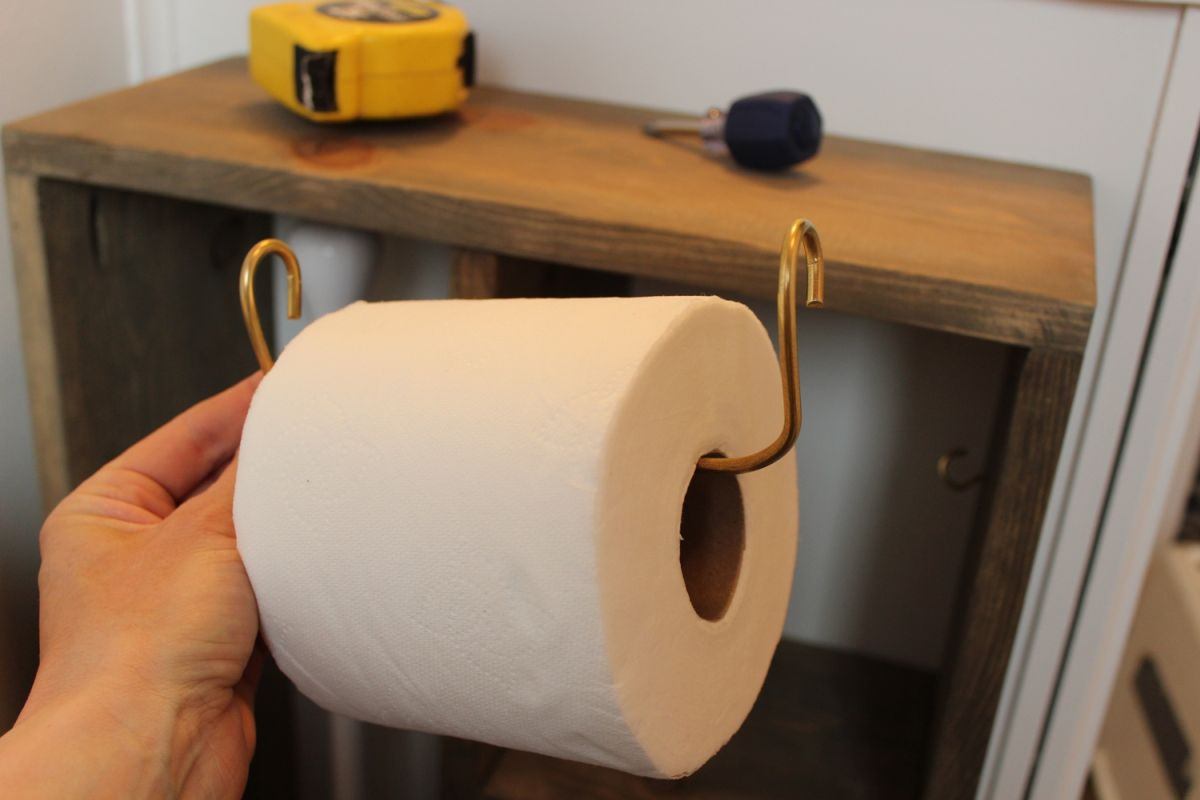
 View 3 slides
View 3 slides 11 Daily Habits That Give A Deep Insight Into Your Personality, According To Experts
11 Daily Habits That Give A Deep Insight Into Your Personality, According To Experts


Advertisement
We may not realize this, but there are a lot of actions throughout the day that often go unnoticed – replying to a work email, pulling sheets of the toilet paper, or picking up essential items from a neighborhood store.
However, these small actions and seemingly insignificant habits can help provide deep insights into how your brain works and can tell a lot about your overall personality.
We talked to some experts and read some psychological research on what and how our daily habits reveal signs about your personality traits. While it cannot be definitive, it can help you in understanding more about yourself and human behavior in general. Without further ado, let’s check out the points below.
Hanging the toilet paper in a particular way is directly related to your assertiveness (or submissiveness)

According to Gilda Carle, a relationship expert, the way people hang toilet paper can tell a lot about how assertive they are in real life. And this is backed by a survey she carried out on a group of two thousand women and men where she asked them to fill in a short questionnaire about their assertiveness in their relationships.
According to the results, people who like to roll over the toilet paper are usually the ones who are more assertive in their relationships, while those who tend to roll it under are the submissive ones.
And quite interestingly, a few people also said that they changed the direction of the toilet paper roll irrespective of anything, every time they came across one, and those were the people that are more often than not dominant.
The way you shop tells a lot about your preference for minor details

The way you shop tells a lot about your personality or the person who you’re shopping with.
Does your partner go through fine details of every item before deciding on which one they need to buy? Or do they simply pick anything in haste and just assume it will match their needs?
If you or your partner fall in the first category, you’re an “explanation fiend.” On the other hand, if you fall in the second category, you’re an “explanation foe.”
According to numerous studies published on this topic, “explanation fiends” are the ones who often high rank on things such as cognitive reflection, which means that they analyze and scrutinize the information in a very detailed manner and prefer to know even more about a particular item. Similarly, “explanation foes” usually score on cognitive recognition parameters, as they prefer more generalized information instead of detailed information.
Your eating habits reveal a lot about your personality, too!

The Huffington Post conducted a study where they talked to food experts on how eating habits affect our personalities.
According to the experts, people who prefer eating slowly are the ones who are in control of their lives and enjoy their life more. On the other hand, fast eaters are usually more ambitious, impatient, goal-oriented, and ready to try new things in life.
People who are adventurous with what they eat tend to be people who like stepping out of their comfort zones; on the other hand, picky eaters have a very rigid lifestyle in most areas.
And finally, there are people who make it a habit to keep different foods separate on the plate are people who tend to be more detail-oriented in their lives.
Your use of language gives away the biggest clues of your romantic feelings

James Pennebaker is a popular psychologist who has years of experience researching function words like “this”, “the”, and “I”. According to his studies, the way in which we make use of these function words reveals a lot about our age, gender, mental condition, and whether or not we are interested in our partner.
For instance, he and his colleagues studied many speed date recordings that took place between various couples and noticed that in cases where the couples made use of language styles that were very similar – specifically, when and how they made use of the function words – the chances of them going on a date increased exponentially.
And as NPR report says, it isn’t simply because they were similar – this holds true even in couples that were poles apart. The only reason behind this could be the fact that we make an effort to use similar language styles to people we are interested in.